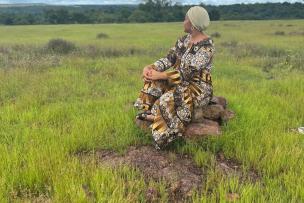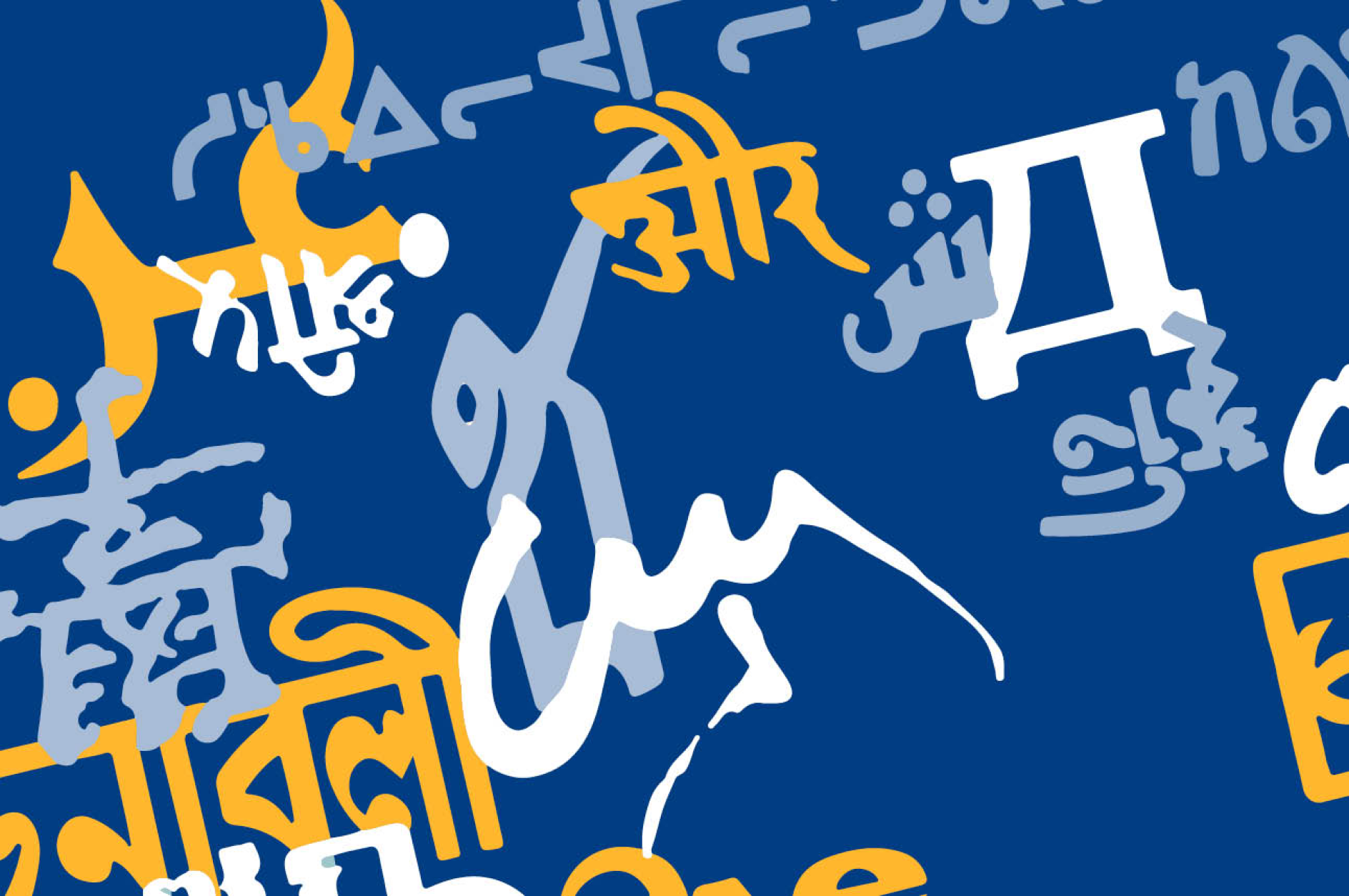PLIDAM

Positioned in the context of language diffusion, learning and teaching, the Pluralité des Langues et des Identités : Didactique - Acquisition - Médiations (PLIDAM) team aims to be situated in the field of finalized research: study of language acquisition processes, teacher/learner relationships, impact of new technologies on knowledge transmission, design of new diplomas, production of teaching tools.
Positioned in the context of language diffusion, learning and teaching, the Plurality of Languages and Identities: Didactics - Acquisition - Mediations (PLIDAM) team is intended to be situated in the field of finalized research: study of language acquisition processes, teacher/learner relationships, impact of new technologies in the transmission of knowledge, design of new diplomas, production of teaching tools.
However, the PLIDAM team does not intend to dissociate finalized research from more fundamental research understood as the production of linguistic models for teaching use, questioning the geopolitical and political backgrounds on which educational systems rely to disseminate foreign languages, the role of mother tongues, second tongues, foreign languages in the construction of social bonds.
Initiated in 2001 as a Groupe de Recherche et d'Etudes (GRE) in didactics of languages and cultures, the PLIDAM team has been labeled a "Jeune Equipe" on the basis of its numerous and regular Journées d'études. During the 2006-2009 quadrennium, the Jeune Equipe 2205 PLIDAM (Pluralité des Langues et des Identités en Didactique : Acquisition, Médiations) was founded, bringing together researchers, teacher-researchers and doctoral students. Having become an EA 4514 host team during the 2010-2013 quadrennium, PLIDAM has since taken on a modified form: "Pluralité des Langues et des Identités : Didactique, Acquisition, Médiations".
The team operates at the frontiers of the following disciplines:
- linguistics applied to description for language teaching purposes (including contributions from contrastive linguistics, sociolinguistics, psycholinguistics, literature and translation);
- pedagogy and education;
- social sciences applied to the description of social ties and the functioning of representations (semiotics, sociology, cultural anthropology) ;
- linguistic and geopolitical policy ;
- information and communication sciences, automatic language processing, educational technologies.
Offering a unique framework for reflection, the team aims to be a recognized mediator between French-speaking and non-French-speaking spaces, particularly towards Africa, the Arab world, the Far East and Central and Eastern Europe. At the mid-point of this five-year period, scientific projects, colloquia, study days and seminars, as well as collective and individual projects, have dominated the team's achievements, clearly demonstrating a multidisciplinary and cross-disciplinary dynamic. In view of the results presented in this three-year activity report (numerous individual publications, 7 collective publications, dissemination of our results to French- and English-speaking areas, 20 major scientific events, including international doctoral colloquia and seminars), the team aims to become the pilot of a scientific pole within USPC focused on the field of didactics of world languages and cultures, visible at national, European and international levels.
.
Programmes
Doctoral students
PLIDAM Calls for papers
Reports and archives
Our event selection

Inalco, 65 Rue des Grands Moulin, 75013, Paris

Inalco, 65 Rue des Grands Moulin, 75013, Paris

Inalco, 65 Rue des Grands Moulins, 75013, Paris




